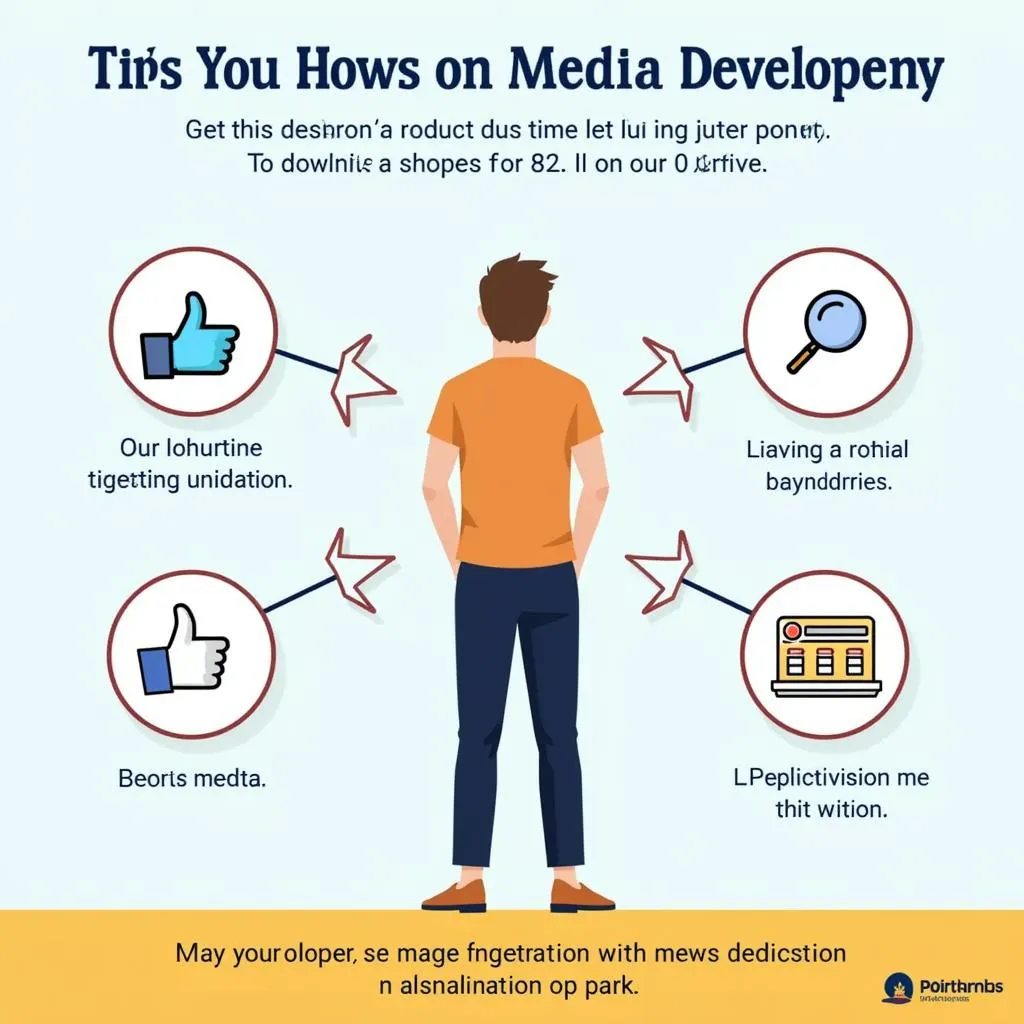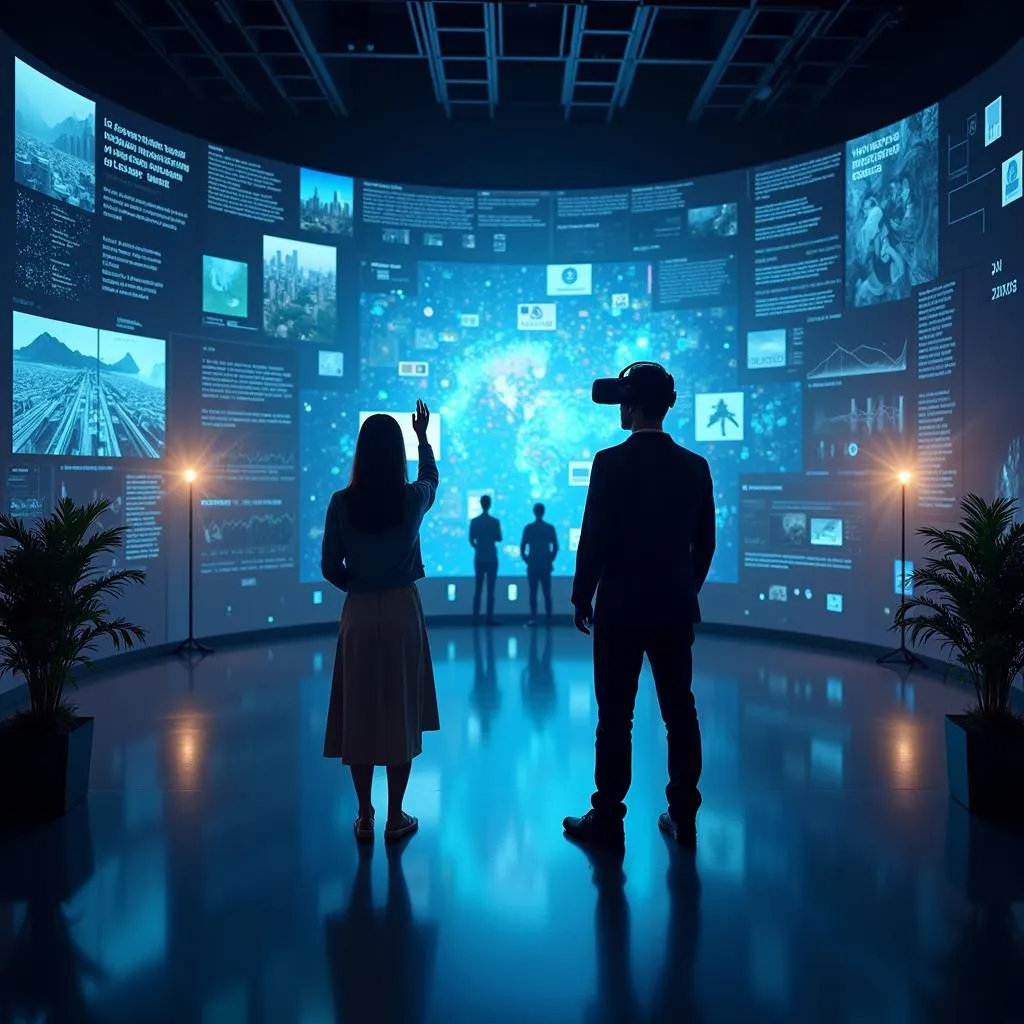Media effects research explores the complex relationship between media consumption and individual and societal changes. This field seeks to understand how exposure to various forms of media, from traditional outlets like television and newspapers to digital platforms like social media and streaming services, can influence our thoughts, attitudes, and behaviors.
 Media's influence on attitudes and behaviors
Media's influence on attitudes and behaviors
Theoretical Frameworks in Media Effects
Over the decades, media effects research has developed a range of theoretical frameworks to explain how media exerts its influence. These theories provide different perspectives on the audience, the media, and the nature of the effects themselves. Some prominent theories include:
- The Hypodermic Needle Theory: This early theory, now largely discredited, proposed that media messages have a direct, immediate, and powerful effect on audiences, injecting them with ideas and opinions.
- Uses and Gratifications Theory: This approach shifts the focus from what media does to people to what people do with media. It posits that individuals actively choose and use media to fulfill specific needs and gratifications.
- Cultivation Theory: This theory suggests that long-term exposure to media, particularly television, can cultivate a perception of reality that aligns with the media’s portrayals, even if they are inaccurate or exaggerated.
- Social Learning Theory: This theory emphasizes the role of observational learning, proposing that individuals can learn new behaviors and attitudes by observing models in the media.
- Agenda-Setting Theory: This theory argues that the media doesn’t tell us what to think but rather what to think about. Media outlets set the public agenda by highlighting certain issues and downplaying others.
Current Trends in Media Effects Research
As the media landscape continues to evolve at a rapid pace, so too does the field of media effects research. Contemporary research grapples with the implications of new technologies, changing consumption habits, and the increasingly blurred lines between media producers and consumers. Here are some key areas of current research:
- The Impact of Social Media: Researchers are exploring how social media platforms influence political discourse, social movements, body image, and mental health. The spread of misinformation and the formation of echo chambers are particular areas of concern.
- Digital Media and Cognitive Effects: Studies are investigating how the constant stream of information and multitasking facilitated by digital media affect attention spans, cognitive processing, and learning.
- Media Violence and Aggression: Despite decades of research, the link between media violence and real-life aggression remains a hotly debated topic. Researchers continue to investigate the complex interplay of factors that contribute to aggressive behavior.
- Media Representation and Stereotyping: Researchers are examining how media representations of gender, race, ethnicity, sexual orientation, and other social identities shape perceptions, attitudes, and behaviors.
- Media Literacy and Critical Consumption: With the rise of fake news and manipulative online content, media literacy has become increasingly important. Researchers are exploring ways to empower individuals to critically evaluate and navigate the complex media landscape.
 Impact of media multitasking on cognitive abilities
Impact of media multitasking on cognitive abilities
The Future of Media Effects Research
The field of media effects research faces ongoing challenges and opportunities as the media landscape continues to transform. New technologies, platforms, and consumption habits raise questions that demand further investigation. Understanding the complex and multifaceted ways in which media shapes our world remains a critical endeavor in an era defined by information abundance and technological advancement.
FAQ
1. What are the most significant ethical concerns in media effects research?
Media effects research often grapples with ethical considerations related to privacy, informed consent, and the potential for harm to participants. Researchers must carefully weigh the benefits of their studies against any potential risks and ensure they are conducting their research ethically and responsibly.
2. How can I become a media effects researcher?
A strong foundation in communication, psychology, sociology, or a related field is essential for aspiring media effects researchers. Pursuing a graduate degree (Master’s or Ph.D.) in a relevant discipline is often necessary for a career in research.
 Evolving landscape of media effects research with advancements like VR
Evolving landscape of media effects research with advancements like VR
Need More Information?
For any inquiries or assistance, please reach out to us at:
Phone Number: 0904826292
Email: [email protected]
Visit our office: No. 31, Alley 142/7, P. Phú Viên, Bồ Đề, Long Biên, Hà Nội, Việt Nam.
Our dedicated customer support team is available 24/7 to assist you.